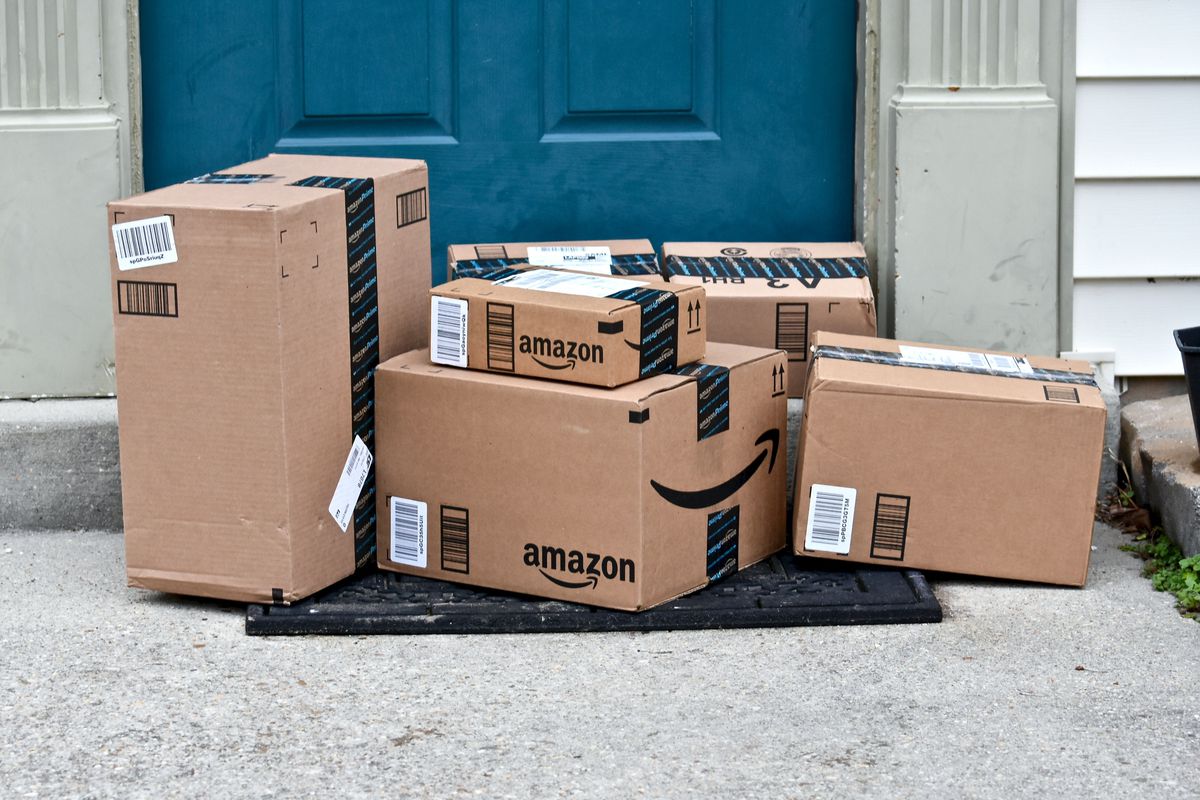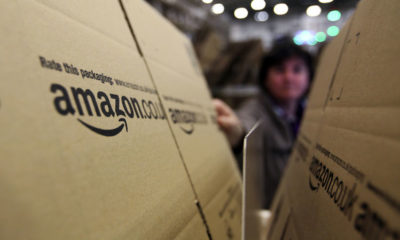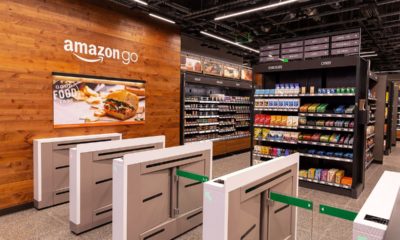In a strategic maneuver aimed at streamlining operations and maximizing growth potential, Jumia, the prominent e-commerce giant, has announced the imminent closure of its food delivery service, Jumia Food, across several operating countries by the end of December 2023.
This decisive move underscores Jumia’s commitment to refocusing efforts on its core physical goods business and the expansion of the Jumia Pay platform across its 11-country operational landscape.
“The more we focus on our physical goods business, the more we realize that there is huge potential for Jumia to grow, with a path to profitability. We must take the right decision and fully focus our management, our teams, and our capital resources to go after this opportunity. In the current context, it means leaving a business line, which we believe does not offer the same upside potential – food delivery,” said Francis Dufay, Chief Executive Officer of Jumia.
Despite constituting 11% of Jumia’s Gross Merchandise Value (GMV) in the first nine months of 2023, Jumia Food faced challenges in achieving profitability.
The total value of food sold on Jumia Food stood at $64 million, showcasing its significant scale but not translating into sustained revenue.
The decision to shutter Jumia Food aligns with Jumia’s strategic shift towards profitability, which has seen a decline in Quarterly Active Consumers and Orders.
This shift involves focusing on viable categories and reducing consumer incentives.
While Jumia Food contributed to Jumia’s GMV, the move to cease its operations signifies a commitment to concentrating resources where the company sees the most substantial growth potential.
Notably, the company has expressed that some employees from Jumia Food may transition to roles within the core physical goods segment.
The announcement of Jumia’s strategic shift comes concurrently with Bolt Food’s decision to exit Nigeria and South Africa, attributing economic downturns, high inflation, and intense competition as key factors.
This dynamic reflects the evolving landscape of food delivery services in Africa.
In contrast, other players in Nigeria’s food delivery market, such as Chowdeck, have reported significant growth. Chowdeck recently celebrated the achievement of delivering food worth over ₦1 billion ($1.2 million) in a single month.
Its success has been attributed to strategic partnerships and a capital-efficient model.
The African food delivery market is witnessing both challenges and opportunities, with companies adopting diverse strategies to navigate the complexities.
Jumia’s decision to exit the food delivery segment signals a determined effort to prioritize sustained growth and profitability in its core business areas.
As the African e-commerce landscape evolves, companies like Jumia are making strategic decisions to ensure long-term success.


 Forex3 weeks ago
Forex3 weeks ago


 Naira2 weeks ago
Naira2 weeks ago
 Billionaire Watch2 weeks ago
Billionaire Watch2 weeks ago




 Naira2 weeks ago
Naira2 weeks ago




 Naira4 weeks ago
Naira4 weeks ago




 Naira2 weeks ago
Naira2 weeks ago


 Naira1 week ago
Naira1 week ago
 Banking Sector4 weeks ago
Banking Sector4 weeks ago

















